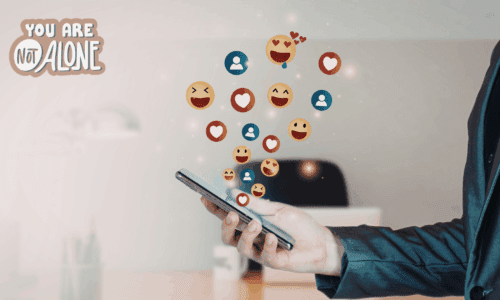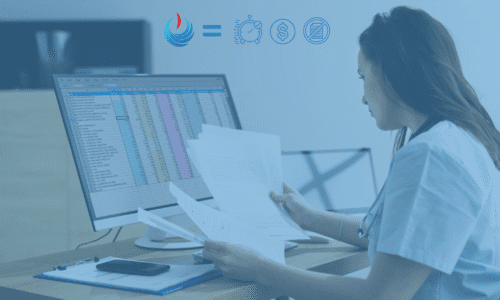In an era where technological advancements shape the healthcare landscape, the transition from paper charts to Electronic Health Record (EHR) software is not just a convenience but a necessity, especially in behavioral health and substance abuse treatment facilities. This blog explores the myriad reasons why practitioners in this specialized domain should bid farewell to the traditional pen-and-paper approach and embrace the benefits of EHR Software.
- Efficiency in Information Management:
One of the primary drawbacks of paper charts is the laborious task of manually managing and organizing patient information. EHR software streamlines this process, allowing behavioral health professionals to seamlessly access, update, and share patient data. The result? Improved efficiency in daily operations and more time for what truly matters – patient care.
- Enhanced Coordination of Care:
Behavioral health and substance abuse treatment often involve collaboration among a multidisciplinary team of professionals. EHR software facilitates seamless communication and data-sharing among clinicians, therapists, and other stakeholders. This interconnected approach ensures everyone involved in a patient’s care is on the same page, promoting holistic and coordinated treatment plans.
- Comprehensive and Accessible Patient Profiles:
Paper charts can be limited in terms of storage and accessibility. EHR software allows for the creation of comprehensive digital patient profiles, including treatment histories, medications, and progress notes. This broad overview enhances the quality of care by providing a detailed snapshot of a patient’s behavioral health journey.
- Security and Confidentiality:
The sensitive nature of behavioral health and substance abuse information demands the highest level of security. Paper charts are susceptible to loss, damage, or unauthorized access. On the other hand, EHR incorporates robust security measures, ensuring the confidentiality and integrity of patient data in compliance with privacy regulations like HIPAA.
- Effortless Outcome Tracking:
Effective treatment requires continuous assessment and outcome tracking. EHR software simplifies this process by providing systematic data collection and analysis tools. Behavioral health professionals can easily monitor the effectiveness of interventions, track progress over time, and make informed decisions based on real-time data.
- Patient Engagement and Empowerment:
EHR software isn’t just a tool for healthcare providers; it empowers patients to participate actively in their care. Features like secure patient portals allow individuals to access their records, review treatment plans, and communicate with their providers. This transparency fosters a sense of engagement and collaboration between patients and their healthcare team.
- Sustainability and Cost-Efficiency:
Beyond the immediate benefits, adopting EHR software aligns with a broader trend toward sustainability in healthcare. Going digital reduces the environmental impact of paper production and storage. The long-term cost savings associated with the implementation makes it a financially sound investment for behavioral health practices.
A noteworthy advantage of adopting EHR software in behavioral health is the potential for high reimbursement from insurance. Electronic documentation provides a transparent and traceable record of services rendered, supporting claims, and billing processes. This streamlined approach can contribute to optimized reimbursement rates, positively impacting practices’ financial health.
The advantages of transitioning from paper charts to EHR software in behavioral health and substance abuse treatment are undeniable. By embracing this technological shift, practitioners enhance the quality of care they provide and position themselves at the forefront of a progressive and patient-centric approach to healthcare. It’s time to let go of the limitations of paper and step into a future where technology empowers better outcomes and improves overall well-being for providers and patients alike.
Written by Marina Malobabic for www.medez.com



